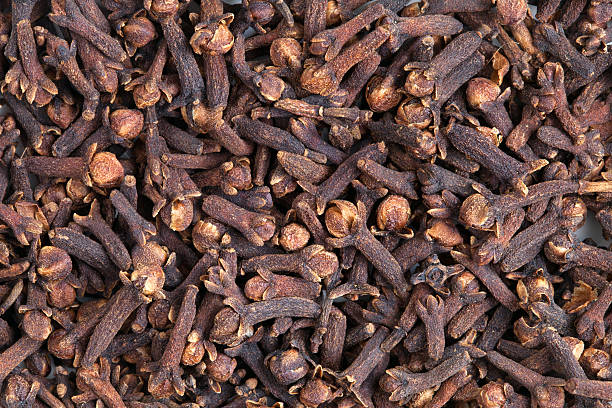Tiny Titans of Health: Unveiling the Top 10 Benefits of Fenugreek Seeds
From Blood Sugar Management to Digestive Aid, Exploring the Powerhouse Potential of this Ancient Superfood
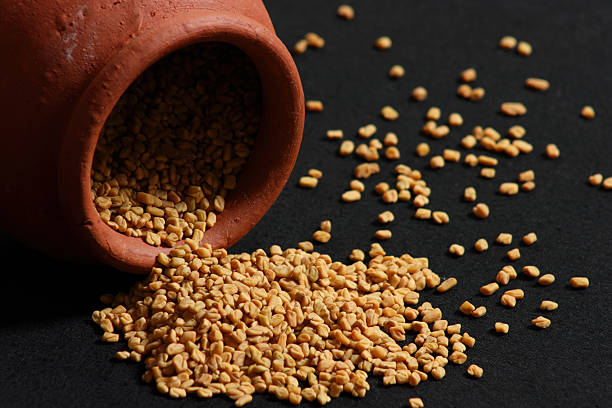
Top 10 Hidden Gems of Tiny Seeds: Discovering Fenugreek's Health Benefits
For millennia, people from several cultures have utilized fenugreek seeds, which are small yet highly effective members of the legume family, for both culinary and medical purposes. These humble seeds are a great addition to your diet since they have a surprisingly large number of health advantages. Let's investigate the top ten hidden gems that these little morsels contain:
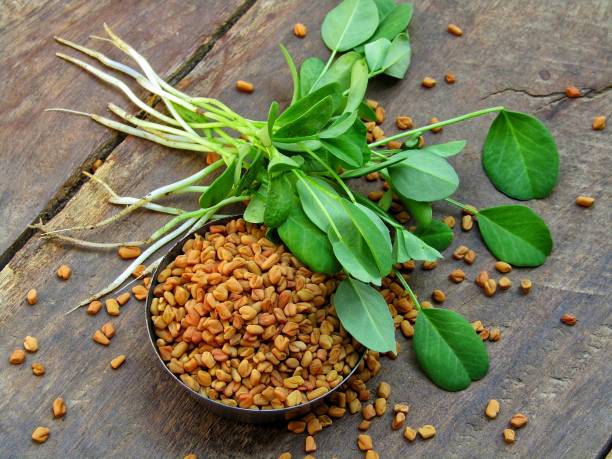
1. Control of Blood Sugar: Fenugreek has the potential to be advantageous for people with diabetes since it may help control blood sugar levels [1]. Research indicates that its distinct chemicals and high fiber content could contribute to this outcome.
2. Digestive Support: A wonderful source of fiber that supports regularity and a healthy digestive system is fenugreek seeds. They could help relieve bloating and other stomach pain [2].
3. Control of Cholesterol: Fenugreek has the ability to decrease cholesterol and thereby lower the risk of heart disease. Research indicates that it may raise "good" HDL cholesterol and lower "bad" LDL cholesterol [3].

4. Control of Appetite: Fenugreek seeds have the potential to assist in weight control by enhancing sensations of fullness and satiety. This impact is believed to be influenced by the fiber content and the presence of certain proteins [4].
5. Inflammatory Agent Properties: Because of its anti-inflammatory qualities, fenugreek may be able to help treat diseases including inflammatory bowel disease and arthritis. Its constituents may be able to lessen oxidative stress and inflammation, according to research [5].
6. Production Support for Milk: Galactagogues, such as fenugreek, are substances that can assist nursing women produce more milk. Its usage for this purpose is supported by various research and traditional traditions [6].
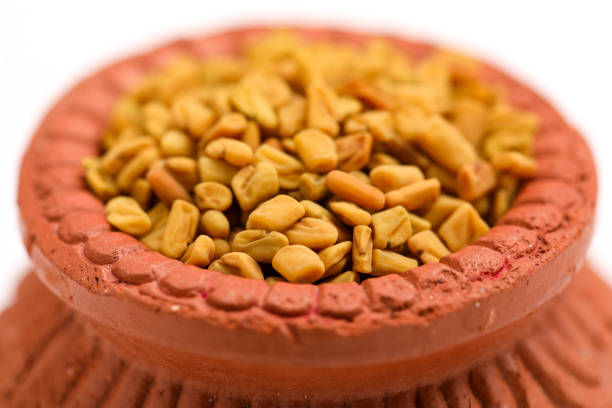
7. Potential Advantages for Hair and Skin: Fenugreek seeds could be good for the health of your skin and hair. Though further study is required, its vitamin, mineral, and antioxidant content may improve hair development, lessen inflammation, and aid in wound healing [7].
8. Maple Syrup Substitute: After soaking and straining, fenugreek seeds provide a syrup that tastes similar to maple syrup. For people who want to control their sugar intake, this might be a natural and healthful substitute for sugary syrups.
9. Adaptability in Cuisine: Fenugreek seeds give food a distinct taste and fragrance. They are frequently used in Indian cooking and are delicious in curries, dals, and even drinks when they are whole, ground, or sprouted.
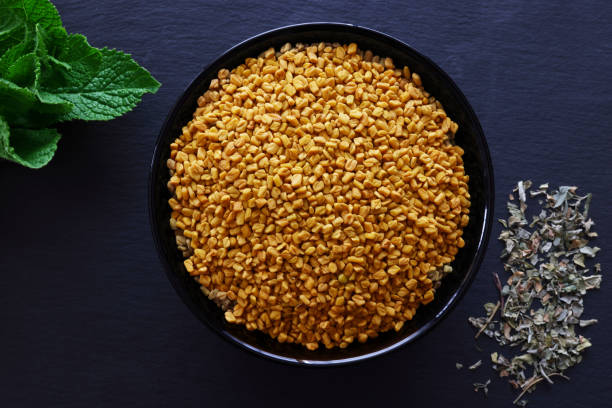
10. Easily Incorporated: Because fenugreek seeds are widely accessible at most grocery shops and come in a variety of forms, including them in your diet is simple. You may eat them whole, grind them up, sprout them, or even drink them as tea.
Despite the fact that fenugreek has many potential health advantages, it is recommended to see a doctor before taking it, particularly if you are on medication or have any underlying medical issues. Due to possible interactions, women who are expecting or nursing should also use caution and speak with their doctor before using fenugreek.
Recall that these small seeds are a valuable contribution to your journey toward wellbeing since they contain an abundance of potential advantages. Examine their adaptability and learn how fenugreek might improve your overall health and wellness.







































































































































































































